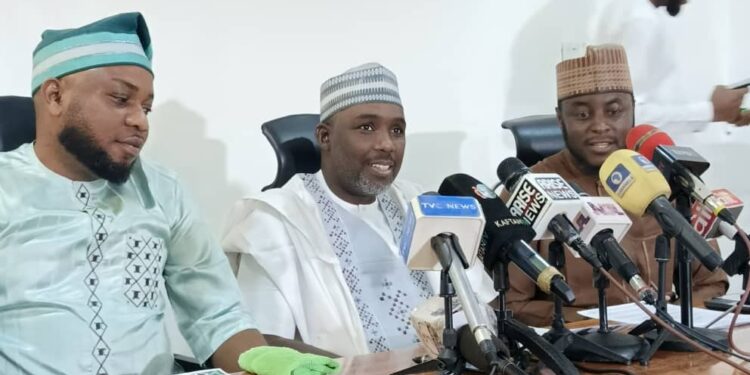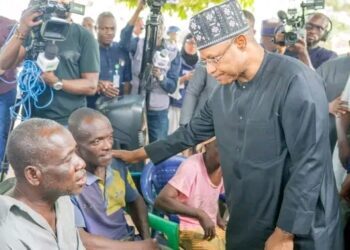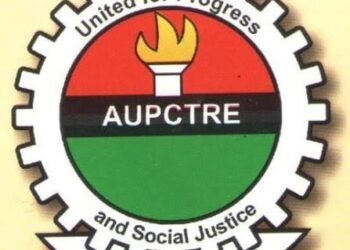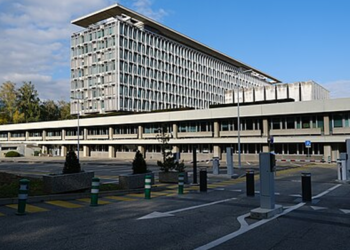By Abubakar Yunusa
The Coalition of Northern Groups (CNG) has rejected the proposed tax reforms currently before the National Assembly, calling for their immediate suspension and urging the federal government to reconsider its approach to revenue generation.
Addressing journalists in Abuja on Tuesday, CNG National Coordinator Jamilu Aliyu Charanchi described the reforms as “shortsighted” and accused the administration of perpetuating policies that exacerbate the economic hardship faced by Nigerians.
“These pseudo-reforms sacrifice equity, inclusion, and sustainability,” Charanchi said.
“This administration, with its devilish policies, has entrenched poverty, expanded deprivation, and turned even the middle class into paupers.”
The CNG criticized recent government measures, including the removal of fuel subsidies, the floating of the naira, and increases in electricity tariffs, saying they have failed to deliver promised benefits. Instead, the group said, these policies have led to “destitution and impoverishment.”
The group called for a more decentralized import structure, urging the federal government to allow imports through land borders in states like Kwara, Borno, Kebbi, and Katsina, instead of concentrating activities in Lagos.
It also demanded the completion and operationalization of ports in Baro, Lokoja, Makurdi, Warri, Calabar, and Onitsha to boost state revenues.
Furthermore, the CNG called for swift action to operationalize inland dry ports in Kano, Aba, Ibadan, Jos, Katsina, Maiduguri, and Kaduna, citing the need for equitable economic development.
The coalition commended the Northern Governors Forum, the National Economic Council, and the Northern Council of Traditional Rulers for their opposition to the tax reforms.
It also urged other lawmakers to take a stand against what it termed “unpopular policies.”
The CNG emphasized the need for wider consultations with sub-national governments, civil society, and educational institutions to ensure a consensus-driven approach to tax reform.
“We urgently demand the suspension of these tax bills to allow for broader engagement and input from critical stakeholders and citizens,” Charanchi said.
The group warned that without a more inclusive and sustainable framework, the reforms would deepen economic woes and further alienate ordinary Nigerians.











